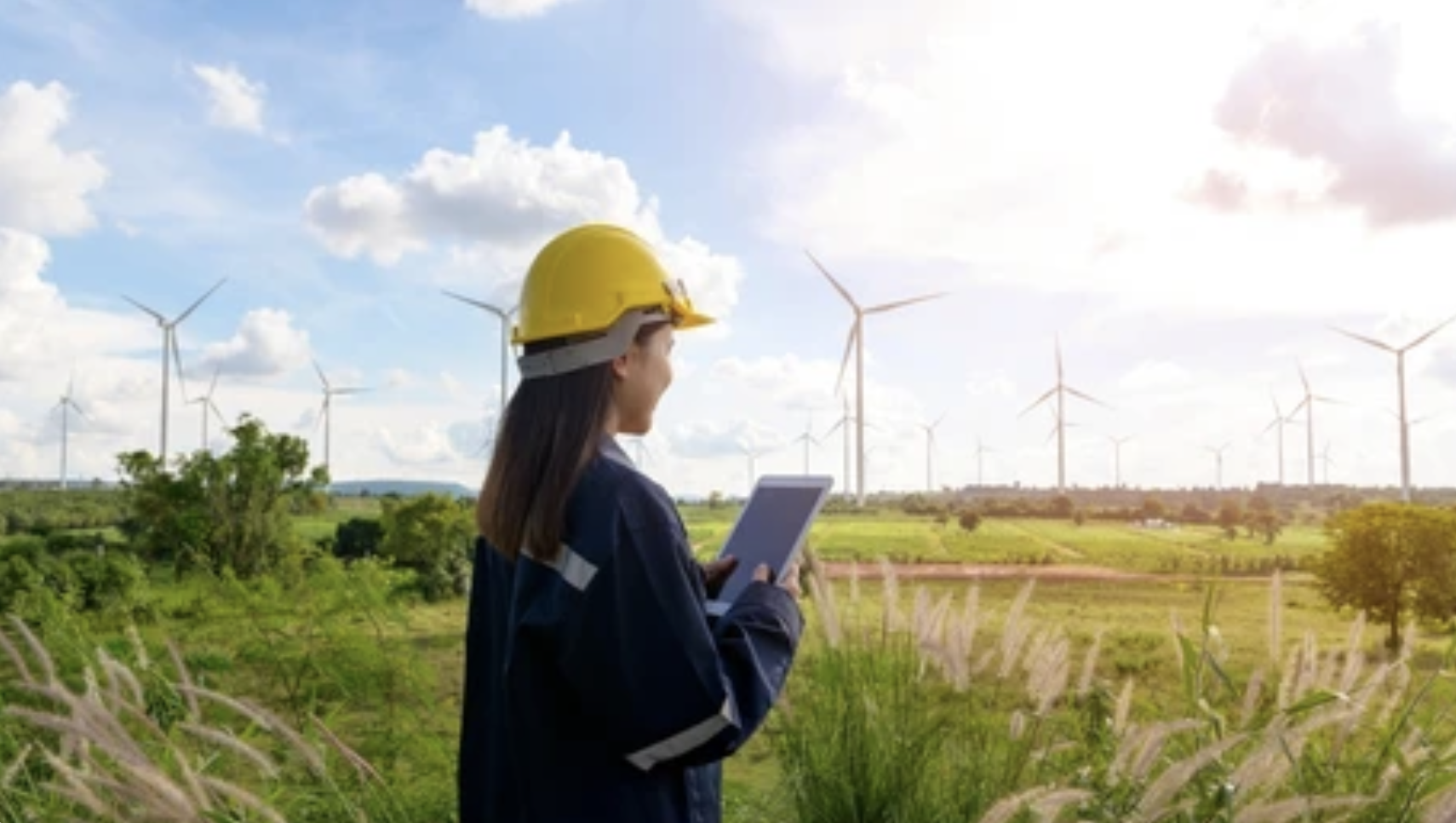Bridging the Gender Gap in Egypt's Green Energy Sector: A Path to Sustainable Development
April 23, 2024

In Egypt's pursuit of sustainability amid the looming threat of climate change, a thorough examination of the labor force uncovers a significant gender gap, particularly within the burgeoning green energy sector. With only 21.3% of the formal Egyptian workforce composed of women, it's evident that leveraging their potential is not merely a matter of equality but a strategic imperative for sustainable development.
UNDP is setting an ambitious plan by putting gender equality at the centre of economies by ensuring more women in leadership and expanding employment opportunities, as highlighted in the global campaign 'Invest in women: Accelerate progress', which emphasizes the power of supporting women and their communities.
In a similar vein, recent efforts to address the gender gap in Egypt's green energy sector have embraced a forward-thinking approach. Through a series of in-depth interviews and collaborative workshops led by UNDP Accelerator Labs, involving diverse stakeholders, endeavors have been made to reimagine the future landscape of women in green energy.
The objective? To identify the underlying drivers shaping their trajectory, explore what the future of women in green energy might look like at different levels and devise strategies accordingly to cultivate resilience in the face of uncertainty.
One notable framework employed in this endeavor is the axes of uncertainty & scenario thinking. This framework allows for the exploration of alternative pathways and impacts of critical uncertainties. By pinpointing the top uncertainties and crafting scenarios, participants produced valuable insights into how the future might unfold for women in green energy. These scenarios range from envisioning a future where women lead tech startups and champion green behaviors to one where opportunities remain scarce due to a lack of awareness and education.
The results were deepened in collective intelligence workshops with local system actors from ministries, academia and civil society, in collaboration with the Ministry of International Cooperation, and at Futures Literacy Labs with global stakeholders at COP28, with the aim of validating and scaling up these results.
Those endeavors made it apparent that certain trends and challenges must be addressed to fully empower women in green energy. For instance, there is a pressing need for capacity-building initiatives to equip women with the necessary skills and knowledge for the transition to a green economy. Additionally, policy reforms are essential to foster gender inclusion and create an enabling environment for women-led initiatives in the energy sector.
Moreover, market-driven strategies are crucial for identifying and capitalizing on opportunities for women in green energy. This includes fostering innovation, promoting entrepreneurship, and ensuring access to finance and resources. Civil society engagement is also vital in advocating for green practices and gender equity, while consumer awareness campaigns can drive demand for sustainable products and services.
At the family level, providing psychological and material support is essential to encourage girls and women to pursue careers in the energy sector. By spreading awareness through social media and sharing success stories of women role models, we can inspire the next generation of female leaders in green energy.
In conclusion, the findings from these endeavors underscore the critical importance of empowering women in green energy for sustainable development. It's time to take bold and decisive action to ensure that women are at the forefront of the transition to a sustainable energy landscape.

 Locations
Locations
